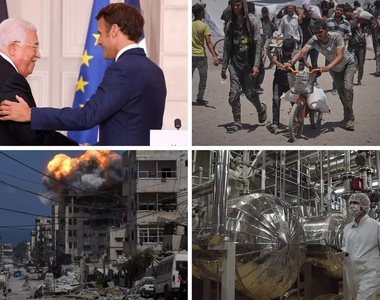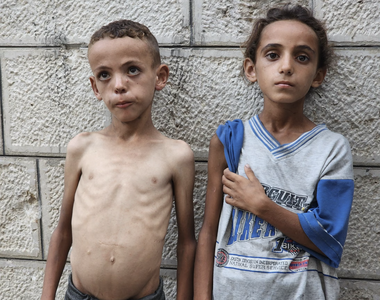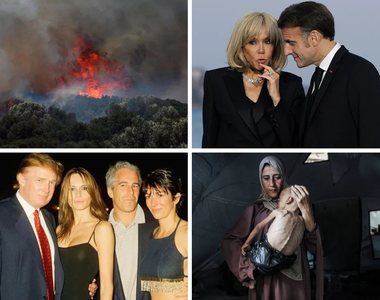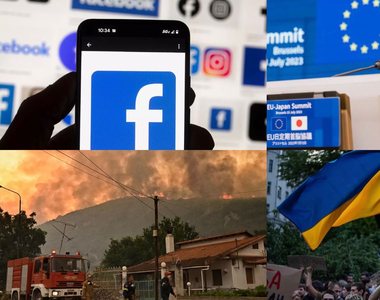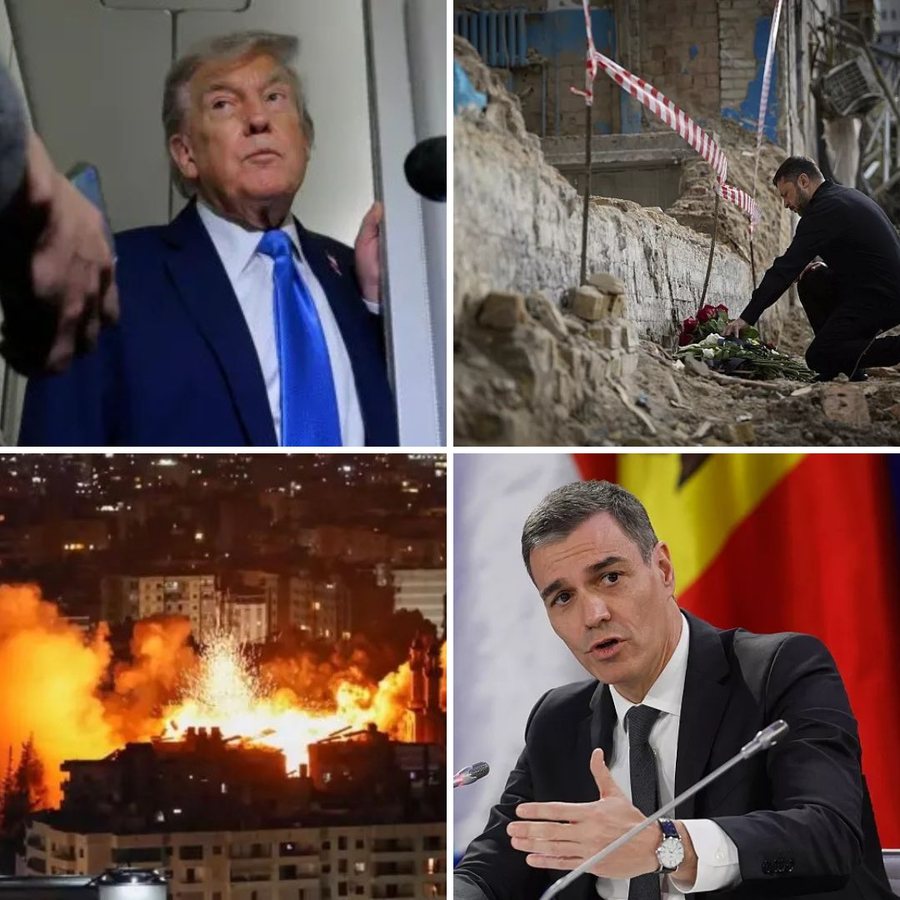
Trump warns Iran: "End the war, you only have 2 weeks"
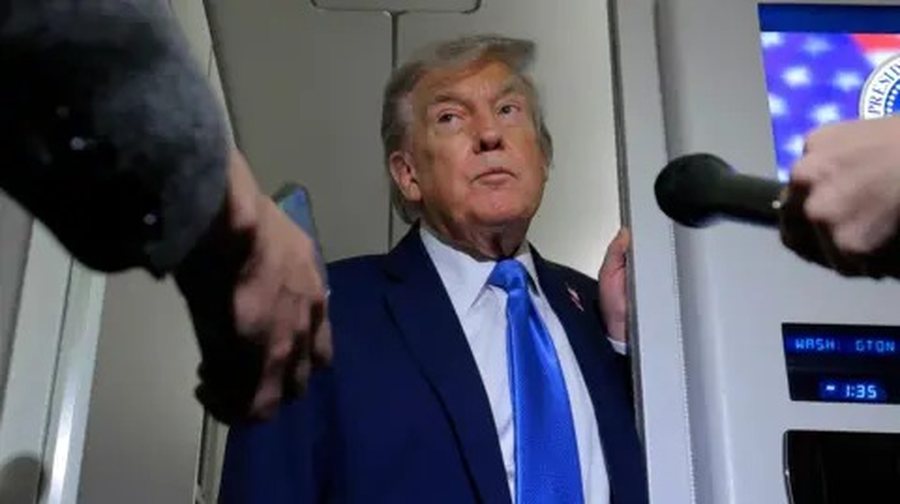
US President Donald Trump said on Thursday he will decide within two weeks whether the US will become directly involved militarily in the conflict between Israel and Iran. He said two weeks would be enough to understand whether a diplomatic solution was still possible.
The conflict between Israel and Iran has entered its eighth day, with both sides exchanging hundreds of rocket attacks. Dozens of Israelis have been killed in Iranian attacks across the border, while Iran has suffered hundreds of casualties.
The clash began last week, in the early hours of Friday morning, when Israel carried out a surprise attack on Tehran, hitting military and nuclear facilities.
Iran: "US involvement in war will bring hell"
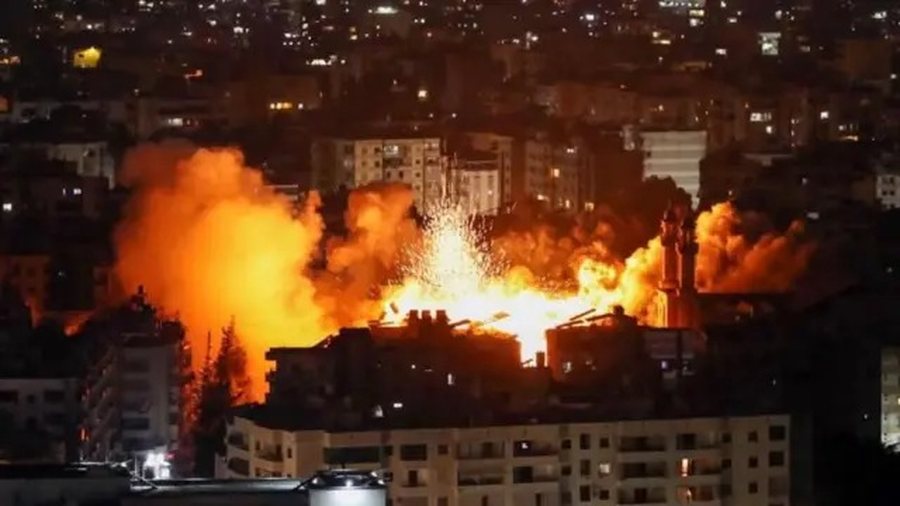
Iran's Deputy Foreign Minister, Saeed Khatibzadeh, warned that US involvement in the war would cause "hell for the entire region."
In an interview with the BBC, he said that "this is not America's war" and that if President Trump decides to intervene, he will always be remembered as "a leader who got into a war that was not his."
His comments come after an Iranian missile hit the Soroka Hospital in southern Israel. Iranian state media reported that the target was a military base near the hospital, not the health facility itself.
Zelensky calls on allies: "Put pressure on Russia"
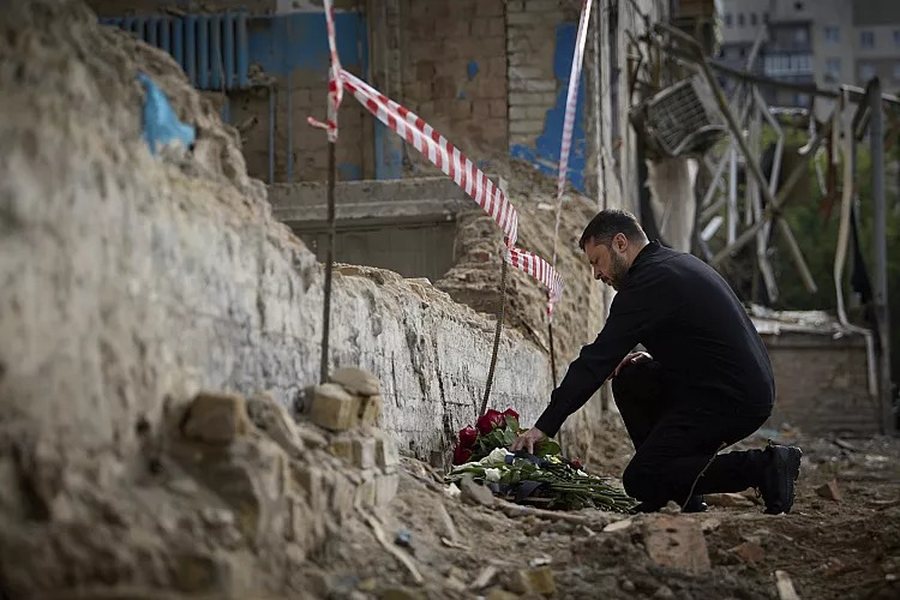
A Russian missile attack on a residential building in the capital Kiev has been described by Ukrainian President Volodymyr Zelensky as a signal that more pressure should be exerted on Moscow to accept a ceasefire.
The drone and missile attack that occurred on Tuesday morning, considered the bloodiest in Kiev this year, killed 28 people and injured 142 others.
Zelensky, along with presidential chief of staff Andrii Yermak and Interior Minister Ihor Klymenko, visited the site of the attack on Thursday. They laid flowers and paid tribute to the 23 people who lost their lives after a rocket directly hit the building.
Spain rejects NATO directive to boost internal security
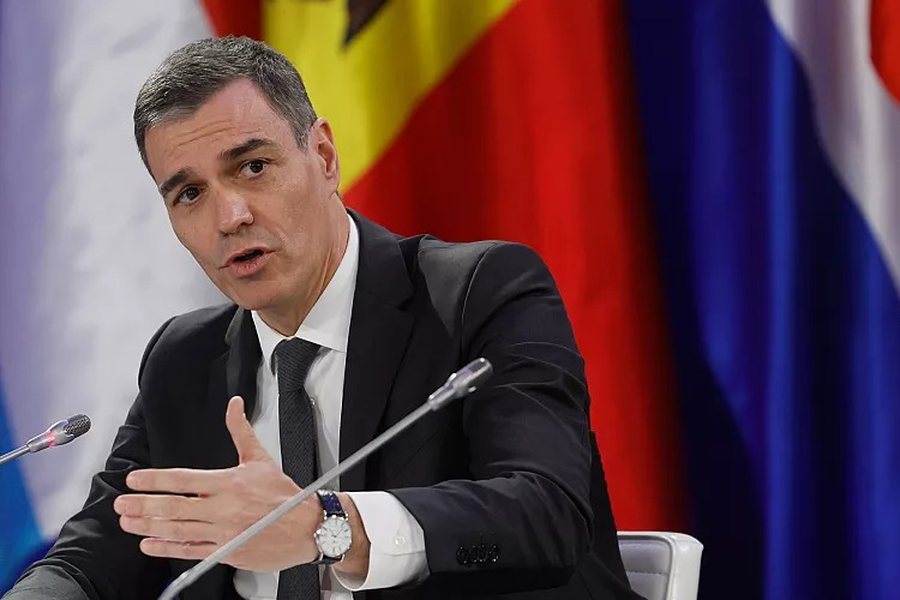
Spain has rejected a NATO proposal to spend 5% of its Gross Domestic Product on defense needs, calling it "unreasonable."
Prime Minister Pedro Sánchez, in a letter to NATO Secretary General Mark Rutte, said that Spain "cannot commit to a specific spending target as a percentage of GDP" at the NATO summit to be held next week in The Hague.
Any decision to adopt a new spending guideline must be made by consensus of all 32 NATO member countries.
Sánchez's decision risks upsetting the summit, which is also expected to be attended by US President Donald Trump, and could have long-term consequences for the alliance.

